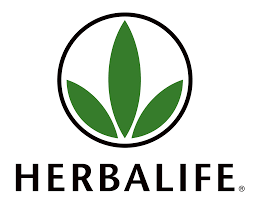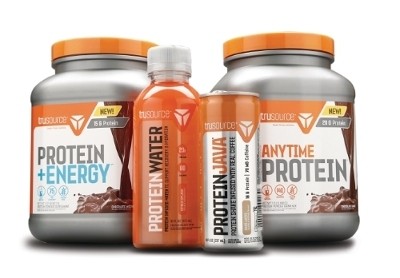Alternative proteins, delivery tech dominate M&A activity; supplements trail off

NCN connects investors with growth stage companies in the sector and conducts five meetings yearly worldwide where entrepreneurs can pitch their messages. The company also tracks M&A and financing activity in the sector, deals which arise both from their own matchmaking activity and in the general market. NCN CEO Grant Ferrier said the most recent report is the most optimistic in a long time. The report shows 102 M&A deals of all types in the first two quarters of 2015, compared to 168 for all of 2014 and 160 for 2013. Of the 102 deals so far in 2015, 60 were in foodtech compared to 79 in 2014 and 29 in 2013. That meteoric growth is being fueled by new money coming into the sector, Ferrier said.
Worldwide foodtech fight
Ferrier said foodtech, which includes technological advancements including apps, delivery services and e-commerce, is enabling consumers to more than ever choose healthy eating options that deliver on convenience. The battle to secure a market position in this emerging sector is being fought around the world, he said.
“While app-enabled food delivery in the grocery, ready-to-cook and ready-to-eat categories is certainly more efficient than in the recent past, more convenient for consumers and almost universally more healthy and natural than other choices of food convenience, the foodtech battle going on the San Francisco Bay Area, New York, Berlin and other urban laboratories is still in its early stages,” Ferrier told NutraIngredients-USA.
The battle to be first has become so heated that Ferrier said he is starting to question whether it has the makings of a bubble. Other marriages of high tech and food and supplement marketing, such as QR codes, have come and gone leaving the sea as salty as before. Will the latest foodtech craze be another example?
“I wouldn’t say this is quite the same bullseye for investors who are frequently in the market for ingredient or finished goods companies,” he said. “The traditional venture capital investor in food and beverage, they are not the ones jumping in to invest in these meal delivery companies and at this point they probably won’t because it has become pretty high value stuff.”
“I just think that so many of them have come out so quickly. One so many consumers are going to pay $13 to have a fresh, healthy lunch delivered to their office. I think it is a relatively finite marketplace, and and I think some of the money that has gone into these markets is more than what the market would support,” he said.
Alternative proteins
One area with an existing proven market that is supporting significant investment capital is the move toward alternative proteins. The biggest deal so far in 2015 is one of these, WhiteWave’s $500 million acquisition of Canadian vegetarian sports nutrition and finished product producer Vega.
“Krave, which Hershey bought for $200 million, is another example. Those deals are at very high multiples of indicated sales. Plant proteins and alternative proteins is a popular place to be. Both of those companies were both well positioned and well managed,” Ferrier said.
In the past Ferrier said that M&A activity in the sector was driven by big brands seeking big deals. Fixed costs associated with acquisitions seemed to militate against buying an innovative brand until it reached a certain size. That seems to be changing, he said.
“It used to be that it was billion-dollar companies buying companies that were at $50 million to $100 million. Now we see that the average acquiring company is not as large and they are buying companies in the $10 million to $20 million range. What’s really happening is that companies are getting bought at an earlier stage,” Ferrier said.
Supplements cool off
In contrast to the heated activity in foodtech and alternative proteins, M&A activity in the supplement realm has flattened out. So far in 2015, NCN has tracked only a lone supplement deal. This compares to six acquisitions in 2014 and three in 2013.
















